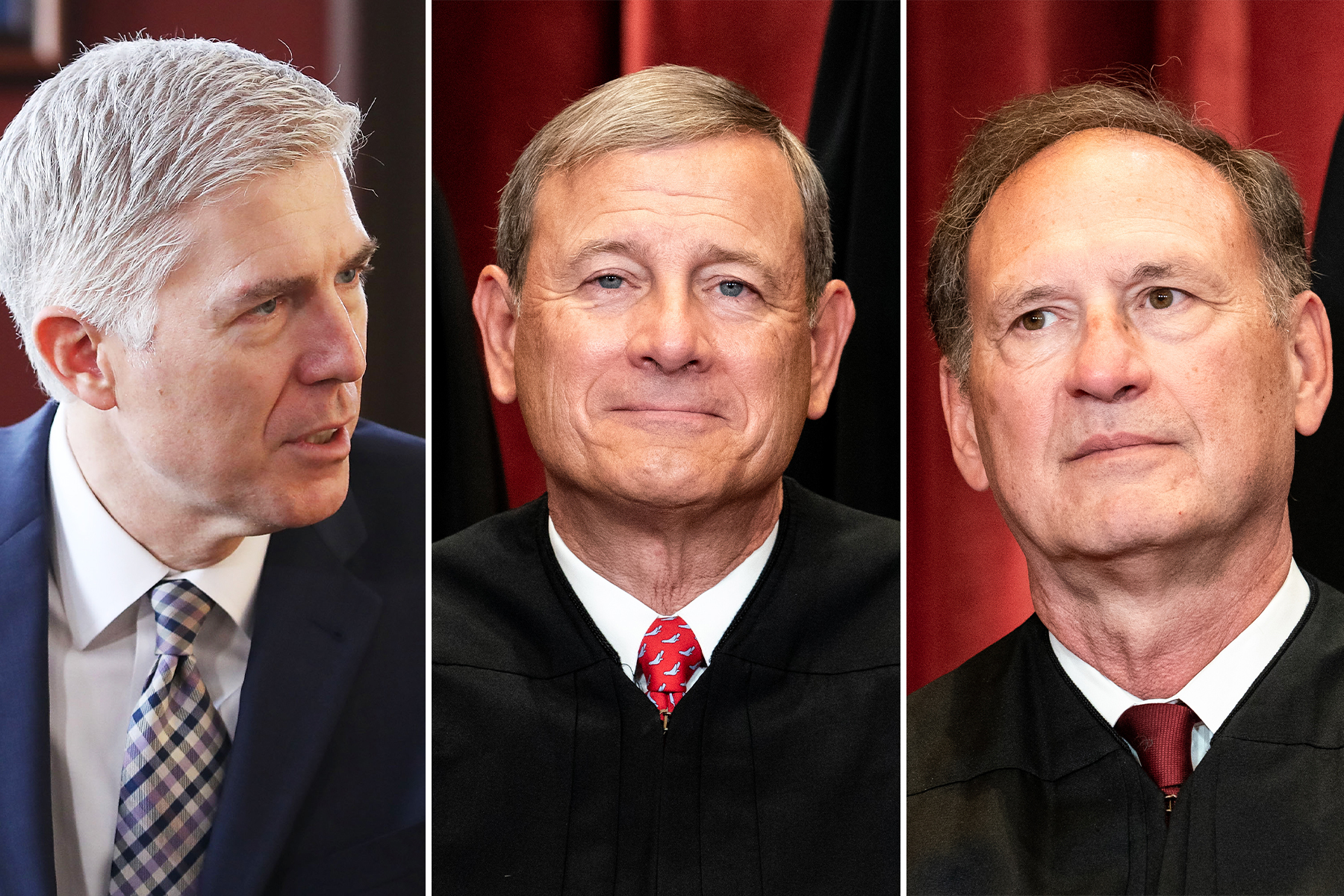Key takeaways:
- The case, SEC v. Jarkesy, centers around the Securities and Exchange Commission’s (SEC) ability to take enforcement actions outside of the court system.
- At issue is whether the SEC can continue to choose where it adjudicates certain cases without violating the regulated person’s Seventh Amendment right.
- The outcome of the case could have a major impact on the power of federal agencies to enforce the law.
The U.S. Supreme Court heard oral arguments on Wednesday in a case that could have sweeping consequences for the power of federal agencies to enforce the law. The case, SEC v. Jarkesy, centers around the Securities and Exchange Commission’s (SEC) ability to take enforcement actions outside of the court system.
At issue is whether the SEC can continue to choose where it adjudicates certain cases — in its own administrative proceedings or in federal courts — without violating the regulated person’s Seventh Amendment right. During the oral arguments, the six conservative justices questioned the government lawyer with questions and hypotheticals about stripping the SEC of some of its enforcement discretion.
The case was brought by conservative radio host George Jarkesy Jr., who was charged by the SEC with securities fraud for allegedly misrepresenting and inflating the assets in two investment funds he ran. Jarkesy is challenging not only the fine but also the SEC’s right to even conduct an administrative proceeding.
Congress explicitly gave the SEC the right to decide the venue, but didn’t detail how it should choose. During the oral arguments, Justice Neil Gorsuch and the Department of Justice’s Brian Fletcher sparred over relevant case law.
The outcome of the case could have a major impact on the power of federal agencies to enforce the law. The Supreme Court is expected to issue a ruling in the coming months.



Be First to Comment